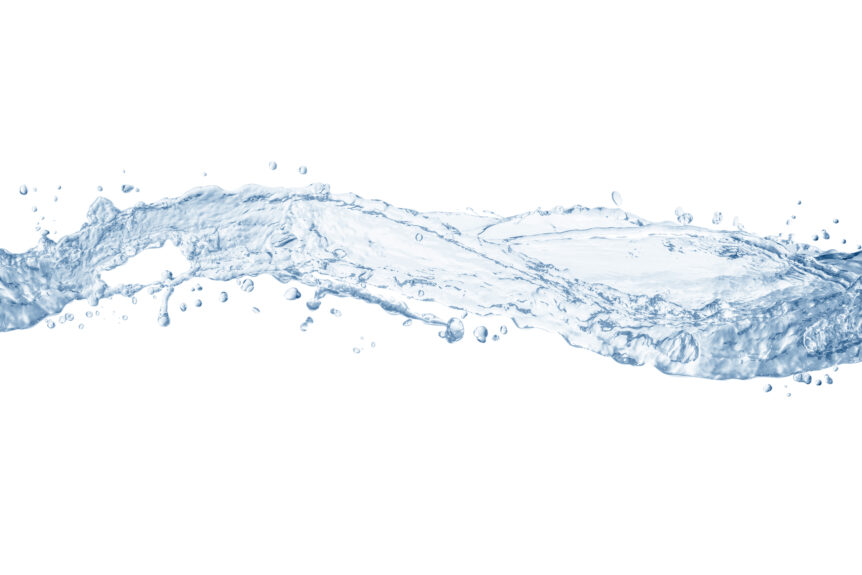The Bureau of Meteorology has forecast that most of the country is likely to be warmer than average this summer.
Regardless of the forecast for El Nino, the months leading up to Summer are a good time to ensure that your livestock have an adequate water supply and the water quality is suitable for optimal production.
Water accounts for more than 98% of all molecules in the body and between 50-80% of an animal’s total body weight at maturity. Limitations on water intake reduce animal performance quicker and more dramatically than any other nutrient deficiency.
Livestock require good quality water for blood circulation, food digestion, temperature control, reproduction, lactation, lubrication of joints and eyesight. Without adequate water, there is no amount of nutritional solutions which will alleviate some of these conditions.
Like humans, as the body increases in temperature, so does the requirement for water. Water lost through sweating or panting (both efforts to keep cool) needs to be replaced. This is even more important in lactating animals, as their bodies require water to produce milk as well as water for their own maintenance.
Consumption of drinking water by livestock is high:
- Dairy cows in peak lactation require between 70 – 155 litres per day
- Dry sows consume between 13 – 20 litres per day
- Ewes or does with a lamb or kid at foot require between 9 – 11 litres per day
- 1000 laying hens will consume up to 320 litres per day
In order to reach these target consumption levels, animals need continuous access to water. Water consumption can be impacted by water quality. Good quality water must be cool, clean, clear, odourless and have a low mineral content. Testing water between seasons is a good way to maintain awareness of the water quality. In hot conditions, evaporation can increase salt concentrations and in wet conditions, you may dilute salts but increase sediments, so continuous monitoring is crucial.
Our nutritionists can help with water analysis to measure:
• Mineral salts
• Toxins
• Heavy metals
• Microbial levels
• Type of water
The team are on hand to help you understand the results and help to improve water quality with treatment options, alternative sources and shandy options, so you can rest easy, knowing your animals have the water they require to keep producing for you this summer.
Contact us or call 1800 649 231 for more information on water quality.

